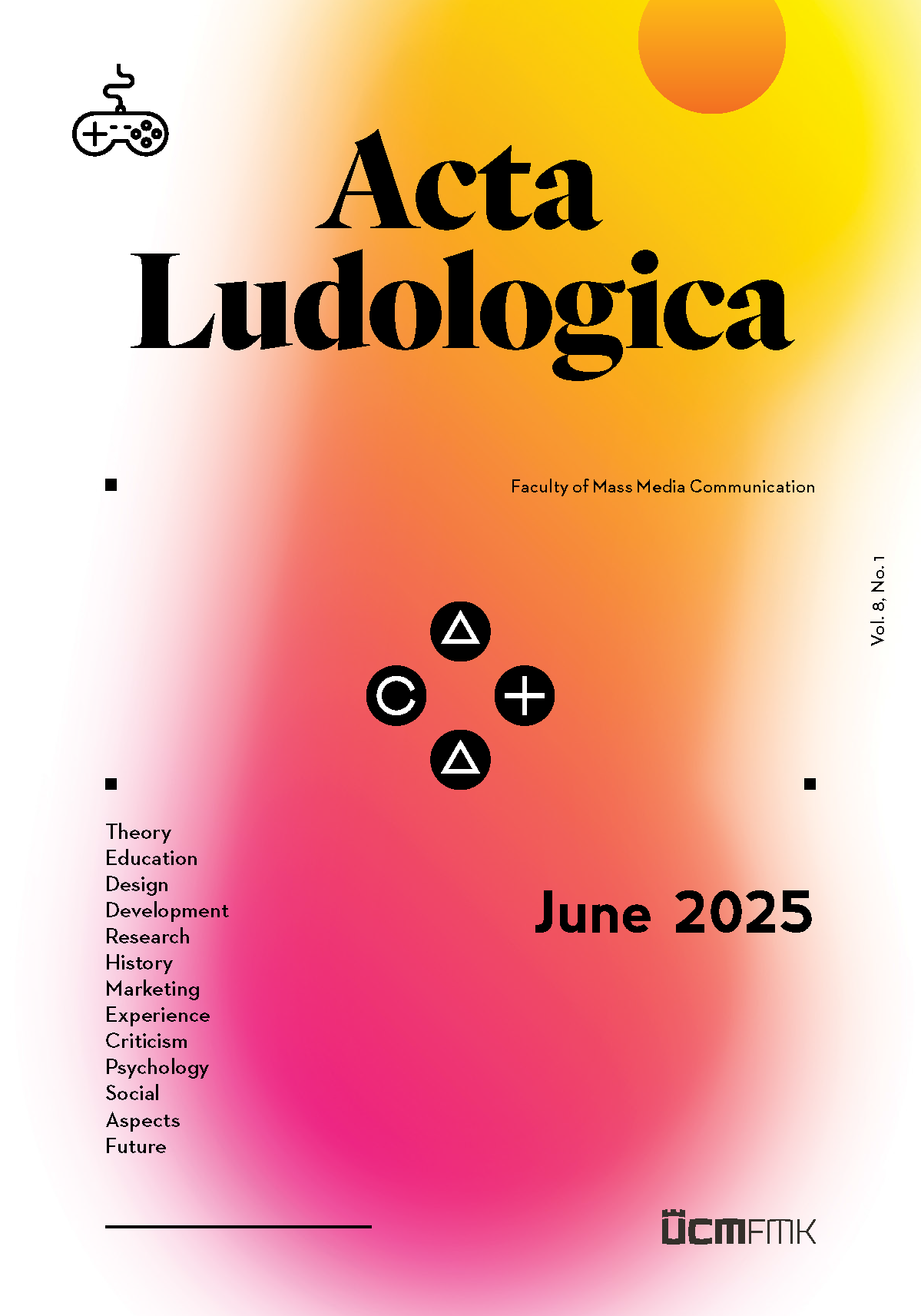ABSTRACT:
The main aim of this article is to demonstrate that contemporary gamers commit to a political nature of consuming digital game contents to facilitate cultural renewal. In illuminating how the rise of the cottagecore game at the turn of the 2020s has not only been driven by this cultural renewal but also intensified its major trajectories, the study contradicts critical assertions about the inimical relationship between gaming and real life which still remains in mainstream culture. This study aims to continue advancing the practice of game theorists who have shifted academic interest to the relevance of the digital game as a medium by conceptualizing the practice of enjoying a digital game as ‘consumption’ in the fashion defined by K. Marx. Building upon what might be termed an open-world game suggested a contradicting concept of playing a digital game, this study takes Harvest Moon as one of the early examples which inspires the swarming number of cottagecore games in the late 2010s and Stardew Valley and Animal Crossing as representatives of the rise of the cottagecore game, the study will illustrate how the rise of the cottagecore game reveals modernity of contemporary gamers who share a vision of digital game as a uniquely positioned medium for imagining a better world and themselves and, subsequently, facilitating a shift in cultural attitudes in a politically progressive manner.nre by the gaming community was therefore fast. The bottom line of the text is that using rigid categories for discussions about digital games cannot focus only on rigid criteria, but also on context.
KEY WORDS:
consumption, cottagecore, digital games, game studies, Marxism, modernity.

